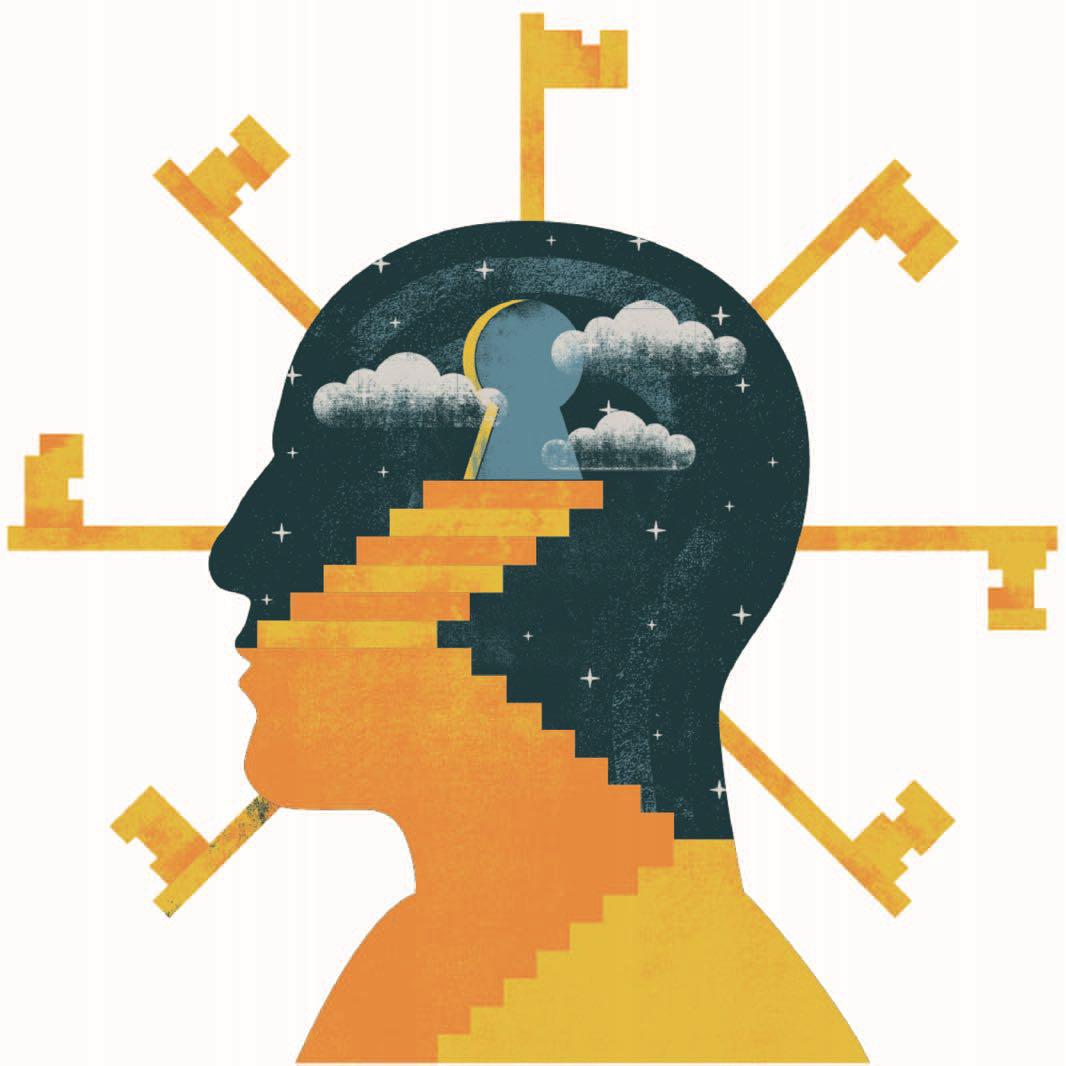
We enjoy being right. There are many ways to delight in this pleasure, some more noble than others. We might feel good when we’ve made a good argument, drawing on good evidence, cogently structured. Or we might only care about others believing us, no matter how that’s achieved. But there are few who derive no pleasure at all from being right, or being thought to be right. Indeed, the sense of being right really matters to us. You had an argument with a friend or family member and it has been playing through your mind ever since: Were you right to have said that? Did they understand the points you were making? Or you may feel that you were seen as wrong in a board meeting because of some group-think rather than because you hadn’t made a good case. And so on.
Here I’ll identify different aspects of being right. This is designed more as a life-guide than a piece of theoretical philosophy. It’s to help us assess what’s going on next time we relax into a sense of self-righteousness. Are we right to? When, if ever, is it right to feel righteous?
Consider this: A teacher asks a class, “What’s 2 + 2?” Alison says, “22”. Belinda says, “4”. Who’s right?
Now imagine that Alison’s reason for her answer is “Because if you add the digit ‘2’ to another digit ‘2’, you get ‘22’”, while Belinda’s reason is, “Because 4 is my favourite number.” How does this affect your assessment of who’s right? There are some who would say that Belinda is right, even though her reasoning is wrong. One thing I want to do in this article is to explain how Alison and Belinda are both right and wrong.
この記事は Philosophy Now の October/November 2024 版に掲載されています。
7 日間の Magzter GOLD 無料トライアルを開始して、何千もの厳選されたプレミアム ストーリー、9,000 以上の雑誌や新聞にアクセスしてください。
すでに購読者です ? サインイン
この記事は Philosophy Now の October/November 2024 版に掲載されています。
7 日間の Magzter GOLD 無料トライアルを開始して、何千もの厳選されたプレミアム ストーリー、9,000 以上の雑誌や新聞にアクセスしてください。
すでに購読者です? サインイン

Metaphors & Creativity
Ignacio Gonzalez-Martinez has a flash of inspiration about the role metaphors play in creative thought.

Medieval Islam & the Nature of God
Musa Mumtaz meditates on two maverick medieval Muslim metaphysicians.

Robert Stern
talks with AmirAli Maleki about philosophy in general, and Kant and Hegel in particular.

Volney (1757-1820)
John P. Irish travels the path of a revolutionary mind.

IT'S A WONDERFUL LIFE
Becky Lee Meadows considers questions of guilt, innocence, and despair in this classic Christmas movie.

"I refute it thus"
Raymond Tallis kicks immaterialism into touch.

Cave Girl Principles
Larry Chan takes us back to the dawn of thought.

A God of Limited Power
Philip Goff grasps hold of the problem of evil and comes up with a novel solution.

A Critique of Pure Atheism
Andrew Likoudis questions the basis of some popular atheist arguments.

Exploring Atheism
Amrit Pathak gives us a run-down of the foundations of modern atheism.